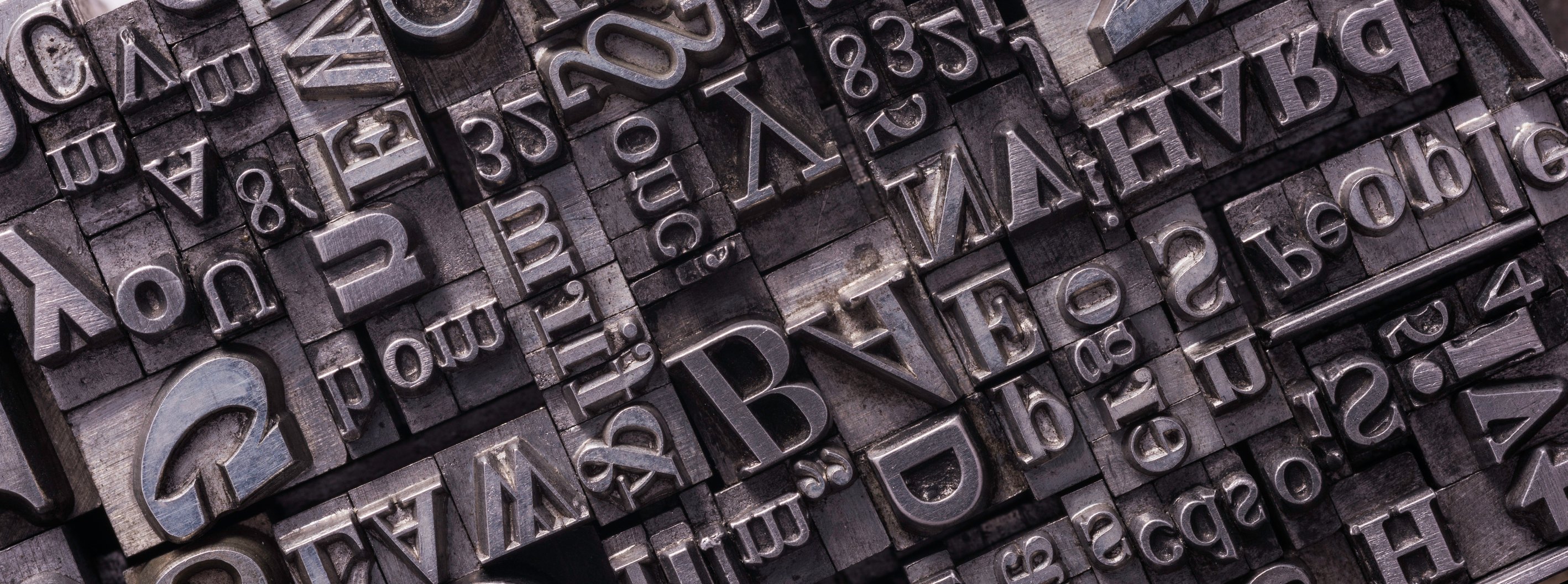 The story you are about to read is true; the names have been changed to protect the innocent. On one side are the numerous instant financing options for consumers to use for virtual and in-person purchases. On the other is CrossCheck’s Multiple Check service that accomplishes everything the “other guys” do and then some. As the saying goes, “seeing is believing,” so stick around for closing arguments.
The story you are about to read is true; the names have been changed to protect the innocent. On one side are the numerous instant financing options for consumers to use for virtual and in-person purchases. On the other is CrossCheck’s Multiple Check service that accomplishes everything the “other guys” do and then some. As the saying goes, “seeing is believing,” so stick around for closing arguments.
Instant financing is also known as flexible financing, spot financing, on-site financing or point-of-sale financing, and there are three popular business models: instant credit cards, instant lines of credit and instant personal loans.
Most instant financing options are part of the burgeoning financial technology sector (FinTech) that has been booming since the Great Recession (2007 – 2009) in response to what proponents describe as a restrictive traditional financial space. Fintech is a fairly broad definition, and includes innovative financial applications, methodologies, business models, products and services that rely upon technology. Note: some experts consider the emergence of credit cards in the 1960s as the dawn of FinTech.
Instant Credit Cards
 Conceptually speaking, instant credit cards are easy for consumers to grasp since traditional credit cards are a huge part of modern Western culture. Traditional cards are revolving credit accounts providing a reusable line of credit that consumers use to make purchases up to a credit line (i.e. a limit) established by lenders. Applying for a traditional card typically entails completing a half-page application and waiting from a few days to a few weeks, depending on the lender.
Conceptually speaking, instant credit cards are easy for consumers to grasp since traditional credit cards are a huge part of modern Western culture. Traditional cards are revolving credit accounts providing a reusable line of credit that consumers use to make purchases up to a credit line (i.e. a limit) established by lenders. Applying for a traditional card typically entails completing a half-page application and waiting from a few days to a few weeks, depending on the lender.
In contrast, applying for an instant credit card is a more streamlined process. At a minimum, consumers will be asked to furnish their legal name, date of birth, last four digits of their social security numbers, and net income. Other companies dig a little deeper, asking for the above info plus street address and housing status — own or rent. Interestingly, some lenders don’t even require a response for income.
Whatever the criteria, lenders are using FinTech algorithms that enable them to determine risk in absence of traditional lending parameters such as FICO scores. Some boast of approving nearly all consumer applicants with credit limits up to a few thousand dollars.
Everything seems to be hunky dory for consumers at the front end of instant cards: the application process is minimal and so is the wait time before they can complete purchases in a professional office setting or virtual context. Nevertheless, some will soon realize that purchasing with cards carrying annual percentage rates of over 25 percent can be a costly proposition.
Many instant cards are deferred-interest products with conditions such as “no interest charged if the balance is paid in full by the expiration date of the promotional period.” The terms of the promo period may vary from a minimum of six months up to four or five years, but the consequences can be costly for consumers failing to follow the rules. They are liable for all interest accrued from the purchase date and there are fees for missed and late payments!
Instant Lines of Credit
Instant lines of credit are similar to instant credit cards, but they usually entail consumers garnering financing for a specific purchase such as an automobile or an online item. For auto sales, dealers will offer instant lines of credit as alternatives to traditional bank loans.
The greatest potential for instant lines of credit, however, lies in the online retail space where nearly half of consumers surveyed during the spring of 2017 were receptive to the option. At its best, instant lines of credit are offered to consumers on the same retail site where they are shopping instead of being directed to a third-party web location for application submission. This differentiation is a game changer since customers often bail when taken off-site to complete financing requirements.
Consumers choosing instant financing have options such as the deferred-interest model described above as well as the chance to set up regular monthly installments or flexible options such as making only minimum monthly payments. These repayment options closely resemble instant credit card payments where consumers often buy now and pay later without regard to the consequences.
Instant Personal Loans
Consumers choosing instant personal loan options submit minimal personal data before learning about their borrowing fate over waiting periods lasting a few minutes or a few days. The criteria include proof of identification, clean credit histories, and stable employment. These loans are usually chosen by consumers wanting to pay for an expensive home repair (e.g. the replacement of a $20,000 home heating system) or those in need of debt consolidation — possibly from an accumulation of traditional and instant credit card debt.

Terms range from 12 to 72 months while interest rates — fixed or variable — are on the steep side at APRs of 20 percent or higher. Some vendors offer flexible repayment options to fit a variety of lifestyles (e.g. weekly or monthly payment plans), but many charge prepayment fees for early payoffs and origination fees up to six percent for processing the loans. Origination fees can be built into the repayment structure of the loans.
Two types of instant personal loan lenders dominate the market: online banking portals and peer-to-peer lenders. U.S. News & World Report published a list of recommended personal loan resources in July 2018. The article points out that some instant personal loan vendors have restrictions, penalties and other conditions that borrowers should be aware of.
Closing Arguments: Paying by Multiple Check
It may seem old school — well, it is old school — but paying by check has a lot of redeemable qualities, especially if they are paid in conjunction with CrossCheck’s Multiple Check service.
For starters, Multiple Check is not dependent upon a lot of rules and conditions associated with instant financing options because it’s not financing. Advantages for consumers include:
- No credit checks or minimal FICO scores
- No loan applications, though a buyer does need identification such as a driver’s license
- No income disclosure
- No proof of employment
- No repayment plans
- No origination fees or any other hidden fees
- No interest rates
- No prepayment fees
- No waiting period to complete transactions
So what is Multiple Check and why is it better than instant financing?
Multiple Check is a premium service that merchants use to accept payment from consumers for a single purchase or a down payment on an auto.
Multiple Check is simple to use.
Consumers write 2 – 4 checks to merchants, all bearing the same sale date (note: post-dating checks is not permitted). For example, a $10,000 down payment on a new or used vehicle may entail four checks written at $2,500 each. Then consumers select the exact dates for merchants to deposit each check, usually over a 30-day window.
Here’s the cool part — Multiple Check is a win for consumers as well as merchants. In addition to the advantages mentioned in the above itemized list, consumers take home their purchases on the sale date while merchants receive guaranteed funding from CrossCheck as each check is deposited. Processing can be manual (i.e. merchants deposit their own checks) or electronic (i.e. CrossCheck handles the bank deposits) depending on the type of service that merchants have in place with CrossCheck.
Multiple Check offers other merchant advantages: it reduces risk; it can help close deals that otherwise might not happen; it can differentiate merchants from those not using Multiple Check; it can help increase sales and conversion rates; and it can help merchants increase sales volume and revenue.
Download our free guide to learn how Multiple Check can help your business grow.



